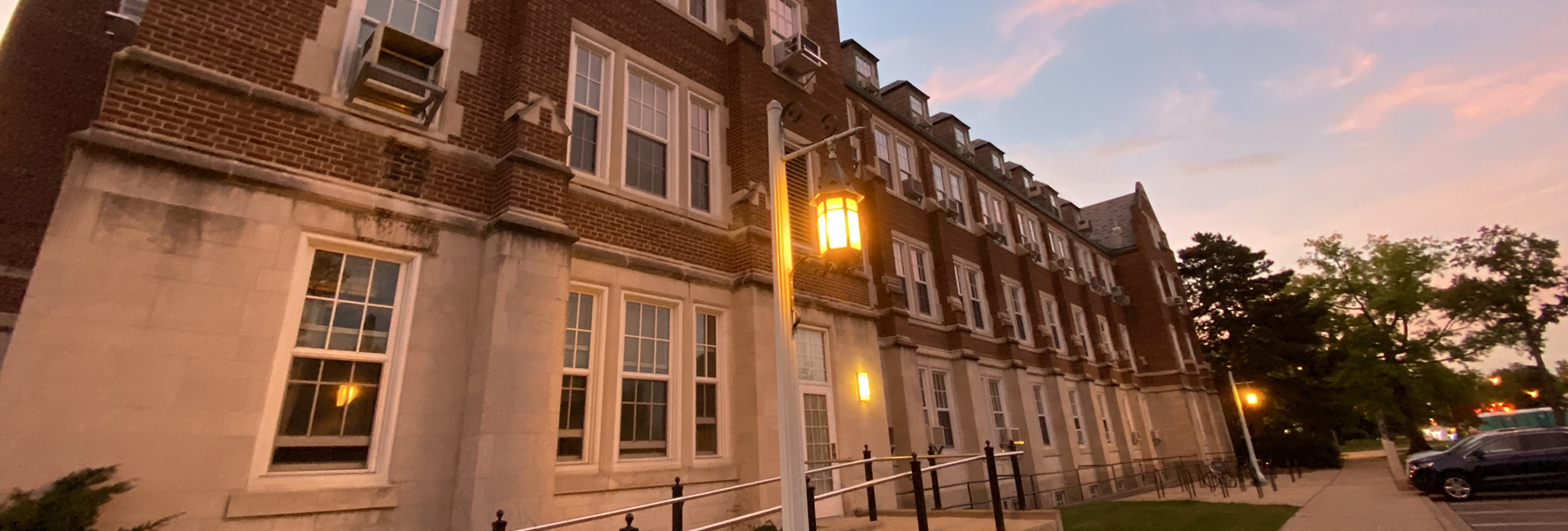MSU Drug Discovery Seminar - Brendan Crowley, PhD
Next Generation Oxazolidinone Antibiotics for the Treatment of Tuberculosis
Linezolid has demonstrated excellent efficacy against tuberculosis (TB) in multiple clinical trials and has recently been approved in combination with bedaquiline and pretomanid for the treatment of extensively drug resistant (XDR) TB. Its utility, however, is limited by its safety profile: significant AEs prevent its use against drug-susceptible TB, limit its dose below what would likely be maximally efficacious, and lead to reduced patient compliance, particularly in low and middle income countries (LMIC). These AEs are likely driven by inhibition of mitochondrial protein synthesis (MPS) and include anemia and various neuropathies. Additionally, due to its short human half-life (5 h), linezolid is typically dosed BID in gram positive indications. This dosing frequency is non-preferred for treatment of patients in LMIC and necessitates a dose of linezolid (1200 mg) that results in a high Cmax, exacerbating the low selectivity to MPS of the compound.
In collaboration with National Institute of Allergy and Infectious Diseases (NIAID) and as part of the Tuberculosis Drug Accelerator (TBDA) funded by the Bill and Melinda Gates Foundation, we sought to invent an agent with markedly improved selectivity versus MPS and a QD profile with a low peak to trough ratio. Through the use of matched molecular pair analysis, conformational overlays, and QSAR models, sub-classes of molecules with good to excellent selectivity were invented. Ultimately, this work led to development candidate MK-7762, which possess good potency, excellent MPS and MAO selectivity and preclinical safety profiles, and favorable projected clinical QD doses. Importantly, MK- 7762 has shown clear differentiation from linezolid in extended in vivo safety studies and will be explored as a potential anchor of next generation regimens to treat TB that are safer, simpler, and more effective.
Date: Friday, February 11, 2022
Time: 09:00
Location: Zoom (https://msu.zoom.us/j/99829704233)
Passcode: 839433
Host: Dr. Sing Lee (sing@msu.edu)


